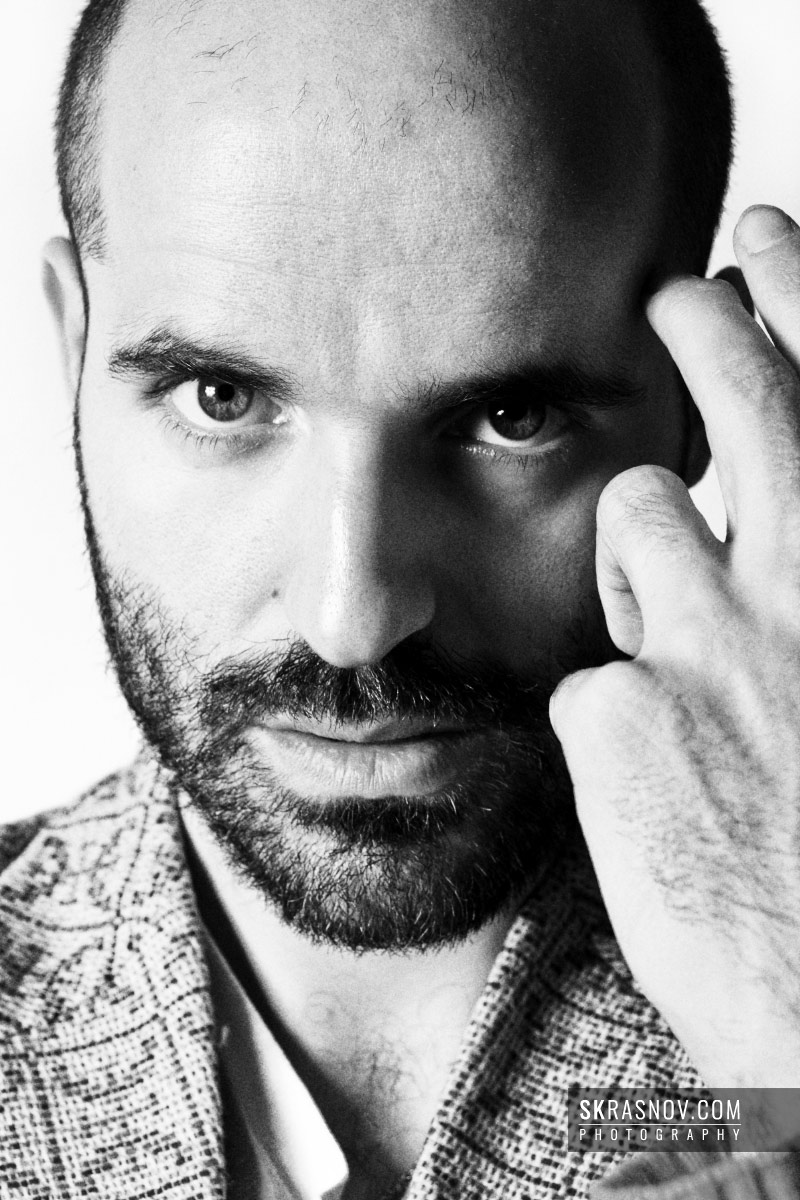Donatella Flick is relatively unknown in Russia despite the fact that she has noble Russian roots in her father’s lineage. She is the daughter of an Ossetian-Russian prince and an Italian mother, born Princess Donatella Missikoff of Ossetia. Her father fled Russia after the 1917 October Revolution while other members of her family were killed.
In fact, Donatella Flick is best known as a philanthropist who received international acclaim for her support of the arts. She organizes charity projects around the world. In 1990 she founded the Donatella Flick Conducting Competition with support from HRH The Prince of Wales Charles, to help advance career opportunities for young conductors. The winner gains the chance to be an assistant conductor at the London Symphony Orchestra for a season. And, exactly thanks to this competition, she has at least some recognition in Russian musical circles.
The desire to do charity work was passed to her from her grandfather, who belonged to the nobility, was a landowner, personally acquainted with Tsar Nicholas II, and did not need to pay any taxes. However, despite being a well-off nobleman, he took up medicine to help local peasants.
Donatella Flick arrived in Moscow to launch a charity project and I was asked to take her portrait for an article on her activities. Although I certainly did not know who she was, I immediately wanted to take this opportunity after finding out more about her. It was exciting to hear her family’s story from a direct descendant of the White émigré, who fled the country in the wake of the Russian Revolution of 1917. The topic itself is very interesting as I have never before met the descendants of the first wave of immigrants, especially of such a noble origin.
Remarkably, it turned out that her father carefully conveyed to her the story of their family and educated her in accordance with their status. It was a common thing that “white emigrants” provided their children with an education in line with what was accepted in Imperial Russia. And, many years later, when the documents that her father managed to sneak in 1920 from terror-ridden Bolshevik Russia, were translated into English, it turned out that she had the right to inherit the princely title granted by the Russian imperial family. And it was officially recognized by British Queen Elizabeth II.
P.S.
Thanks for reading! Please, scroll down to the Leave a reply section and share your thoughts about it. Your opinion is important to me.





Frans van de Camp
"I used to own a C220 and C330F with the 65, 135 and ..."
Sasha Krasnov
"Hi Dennis, both lenses can be used with extension tubes, but I believe the ..."
Sasha Krasnov
"Круто, спасибо за инфу! "
Sasha Krasnov
"Hi Angelique, to coat the paper with liquid emulsion, I use synthetic brushes ..."
Sasha Krasnov
"Thank you! "